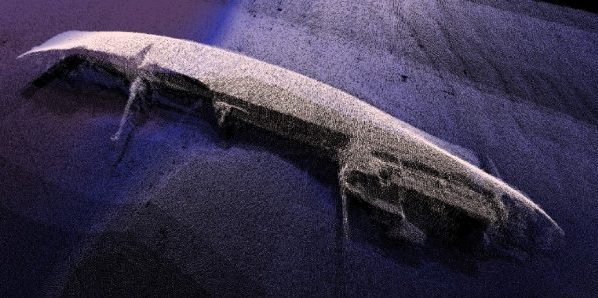The United Kingdom Hydrographic Office (UKHO) released an announcement, informing that it has deployed two vessels to siiicCME) Programme.
After a stakeholder meeting took place along the Belize Port Authority and wider government earlier in January, priority areas will be surveyed, capturing sonar data of Belize’s main ports and approaches. Namely, high frequency mapping sonars are being used, which have no negative impact on its diverse ecosystems and marine life.
The surveying is expected to last throughout February and will focus on areas including Belize City, Big Creek and Commerce Bight.
Information taken from the survey will be used to update nautical charts of the region, as well as helping Belize to enhance its international maritime obligations, including respective elements of the Implementation of IMO Instruments Code (IIIC).
These updated charts are expected to reduce navigational risk and improve the safety of ships, cargo and crew. Data will also support a range of environmental and scientific applications, enabling Belize to better manage the marine environment in these areas.
“By supporting safe navigation in the region, it is expected to bring economic benefits to Belize by encouraging access for its growing cruise ship sector, and maximising efficiency of trade by enabling ships to confidently increase cargo-carrying capacity,” UKHO said.
All data will be shared with the Belize Port Authority and wider government once it has been processed and validated by teams at the UKHO. The data aims to bring environmental benefits to the state, by enabling the sustainable management of fisheries and other marine resources, as well as supporting coastal protection and management.
This project is part of the CME Programme, a programme delivered on behalf of the UK Government by the UKHO, the Centre for Environment, Fisheries and Aquaculture Science (Cefas) and the National Oceanography Centre (NOC).
“The programme supports the sustainable growth of Commonwealth Small Island Developing States (SIDS) by making the most of their natural economic and environmental resources,” UKHO concluded.
































































